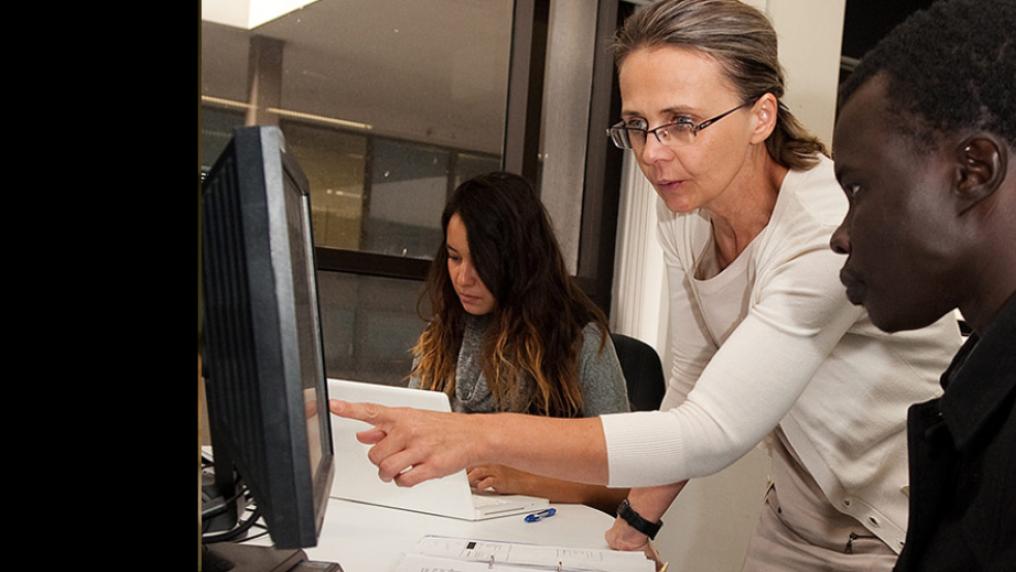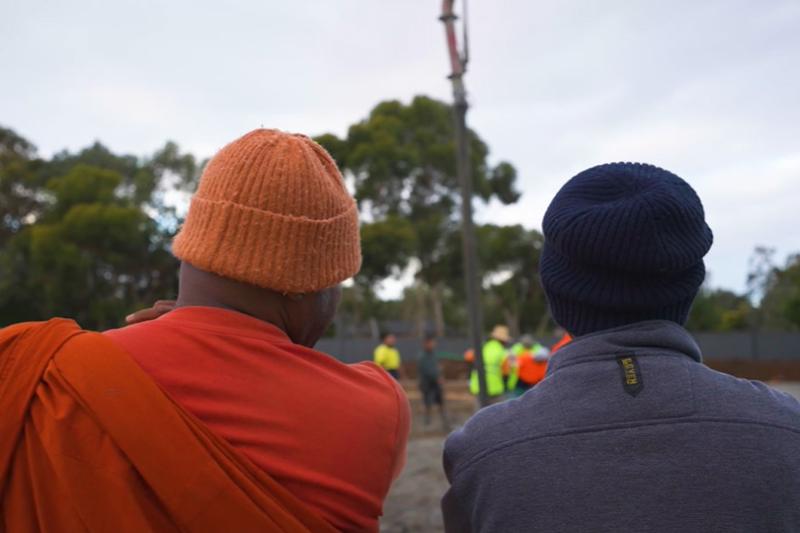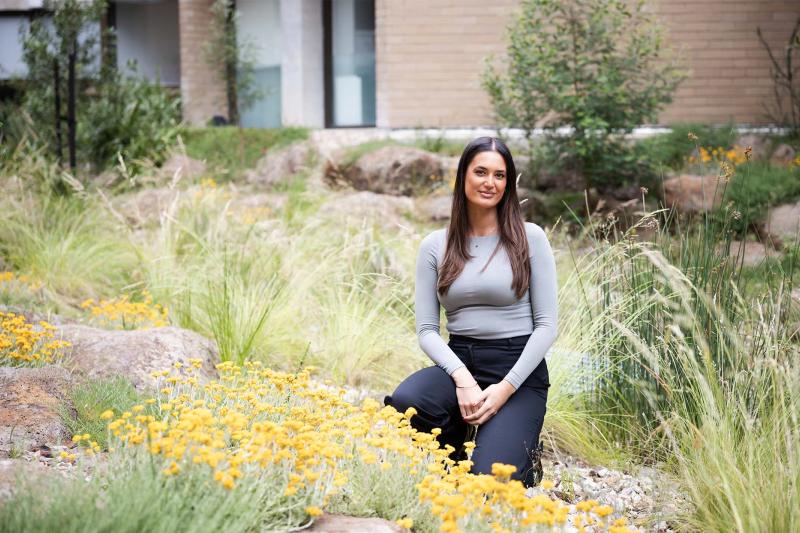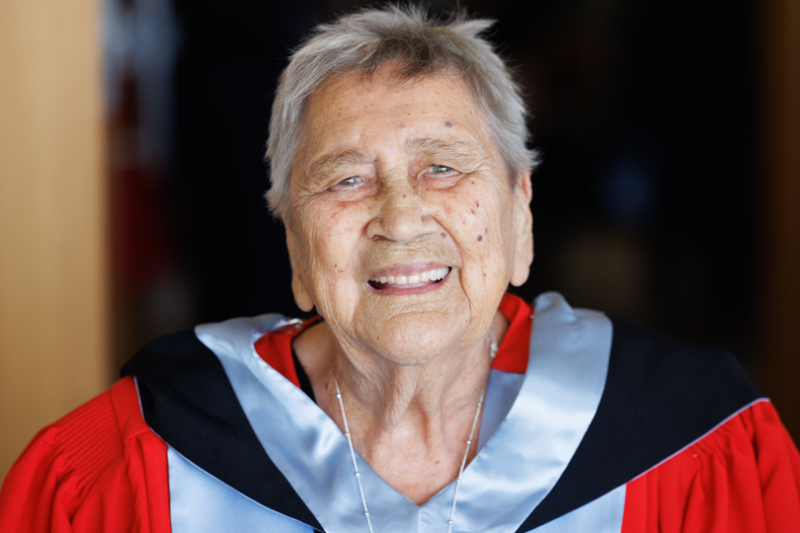$2.4m to boost Victoria University TAFE

Victoria University has welcomed $2.4 million in state government funding for student support services for its TAFE division, Victoria University Polytechnic (VU Poly).
The funding is part of the Victorian Government’s $320 million five-year TAFE Rescue Fund announced last year.
Footscray MP Marsha Thomson visited Victoria University’s community hub, VU at MetroWest in the heart of Footscray, to announce the funding yesterday.
“Victoria University plays such an important role in the training of locals and we’re making sure it has the resources it needs to provide that quality training,” she said.
The fund will be used to:
- support students at risk of discontinuing their studies
- deliver VU Poly’s language, literacy and numeracy programs especially for students from culturally and linguistically diverse backgrounds
- provide VU Poly’s student outreach services that provide counselling, welfare programs and disability assistance for students requiring extra support
- sustain niche programs critical to Melbourne’s west in course areas such as paramedicine, advanced engineering, and transport and logistics.
The funding will help redesign these services and enable support staff to work closely with community groups and provide peer-to-peer support for students.
“The university helps disadvantaged students to access training and job opportunities, and this funding will support some of the most disadvantaged members of our community,” she said.
VU Vice-Chancellor Professor Peter Dawkins said the University has a proud history of providing skills-based training in Melbourne’s west, and creating opportunities for all its students to succeed.
“This funding will enable us to continue providing the quality training we have delivered for the past 100 years, “he said.
VU Poly Vice-President Grant Dreher said the funding would make a huge difference in its ability to take students from training to employment.
Diploma of Beauty Therapy student, Ksenija Bogdanovic, said student support services were critical in helping students succeed, especially in courses like hers where students come from a range of age, educational, and cultural backgrounds.



